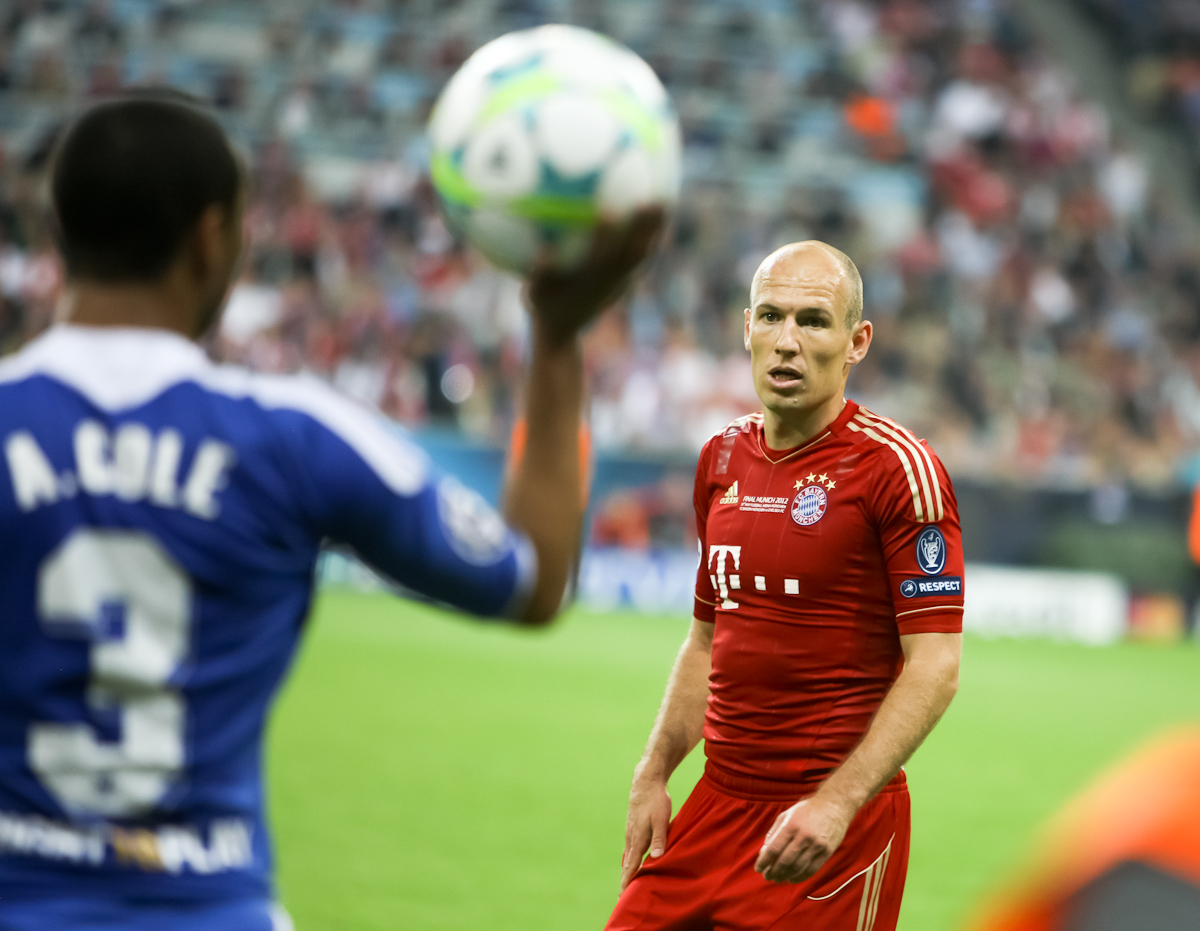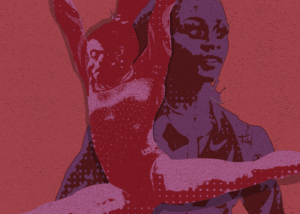Why hello there!
Diving is a phenomenon in the sport of soccer that is one of the most obnoxious, if not the most
obnoxious aspect of the game.
Oh boy, I bet that hurt!
It causes anger from opposing players, embarrassment for those called out for it (along with their teammates), and a lot of the time, very high blood pressure for fans of the opposing team. Slightly less devastating is the effect that diving has on non-soccer fans. Some people say that the game would be much better without the cheaters and “pansies.”
Of course, a lot of these people say that the American football is fun to watch, and that that soccer would be better “if only there were more goals!” So I suppose we shouldn’t trust them anyway. But diving is obnoxious for any soccer fan, too. Everyone’s been in the position of watching their team lose in the last minute because someone from the other team threw themselves into their attacking penalty box to draw the foul.
Nothing hurts more.
This reflects my feelings about walking into math class, but in any other situation it’s pretty darn pathetic.
Diving puts pressure on referees to call fouls where there shouldn’t be. Because there are no review options for soccer refs, it is impossible for them to see exactly what happened on the play if they didn’t see it happen in real time. Furthermore, the refs are under pressure from the fans to make the right call, because we can see what happened on replay from the best view that there is. And we expect the game to be called fairly.
Why do players dive?
Because it works (and because they are cheats). Players fall to the ground in order to get opposing players booked, to get free kicks in a good position, and to waste time (this happens mostly when there’s a very close game and one team wants to hold onto the lead or the tie). The bad thing about these goals (pun intended) is that diving really does succeed in achieving them. More often than not, the referee will call the foul if they see someone go down hard, even if they aren’t one hundred percent sure that there was a reason for it. They will pull out the yellow if someone rolls around clutching their face. But occasionally fairness wins, and divers are punished for their actions.
One of these such instances took place in the Women’s World Cup of 2011. The US women’s team was playing Brazil in the quarterfinals of the tournament, and Brazil was winning 2-1 in the dying minutes of extra time. Erika, a Brazilian player, decided to fake a tragic injury in order to run the clock down. After getting stretchered off the field in the slowest fashion imaginable, she hopped down and reentered the game. Fortunately, the US was able to get over their disgust at the theatrics and finish strong.
The time that Erika proceeded to roll around on the ground was (correctly) added back by the referee and led to this:
Another way in which divers get what is coming for them is something that I call the “Boy Who Cried Wolf” Theory.
Take Arjen Robben as a fine example of this.
Robben
loves
to
dive.
And he’s good at it. Maybe he is being fouled in some of these cases, but the way in which he flings his arms up into the air and lets himself fall like a sack of potatoes does not say much towards his dignity. Furthermore, being a good diver, he has a reputation for diving. In most cases, this leads to referees knowing before the game that Robben likes to dive and because of this, they may not call many fouls in Robben’s favor – even if it does look like he was thrown to the ground by an opposing player. Because of his predisposition for diving, Robben is treated by referees as the boy who cried wolf.
What can we do to stop the immoral act of diving in such a beautiful sport?
Clever, very clever.
For those of us firmly in favor of keeping commercial breaks and video review out of soccer, there are limited options for forcing this filthy habit out of the game. Some of the options that have been discussed include adding extra referees, making more sanctions against divers, giving referees the ability to be harsher towards divers during the game, and making coaches deal with the misbehaving players. I believe that adding extra referees wouldn’t do much towards stopping divers, because although it would be more eyes on the players, it wouldn’t make enough of a difference. In my opinion, the other three options should be developed further. If players could be penalized after the game by a jury of people who review the game, there would be more incentive to play fairly. Similarly, if the referees could be harsher with the cards, perhaps players wouldn’t dive as much. However, this option doesn’t get rid of the possibility that the referees could make mistakes in their calls. Lastly, coaches could deal with the cheating behavior on their team, and players may be more likely to listen to the person who could bench them without second thought.
Seriously considering any of these possibilities would be a step towards ridding soccer of this kind of cheating, and a step towards justice. But at the same time, at least they aren’t biting anyone.
Stop it, Suarez.





